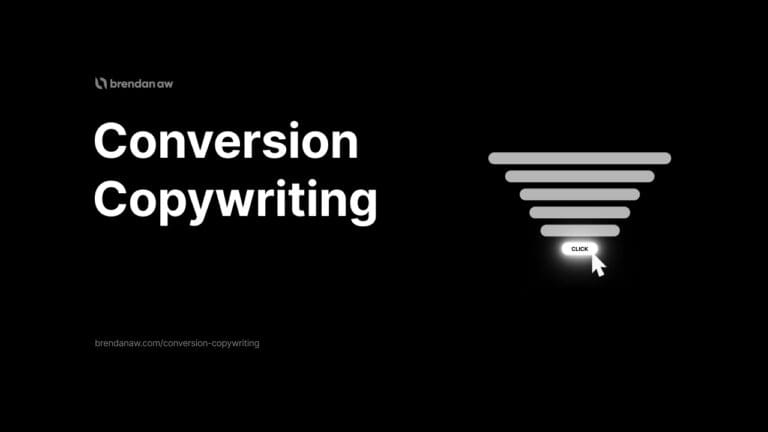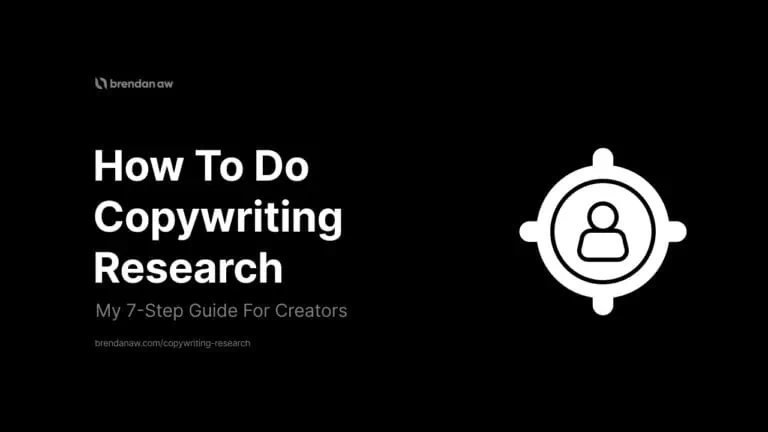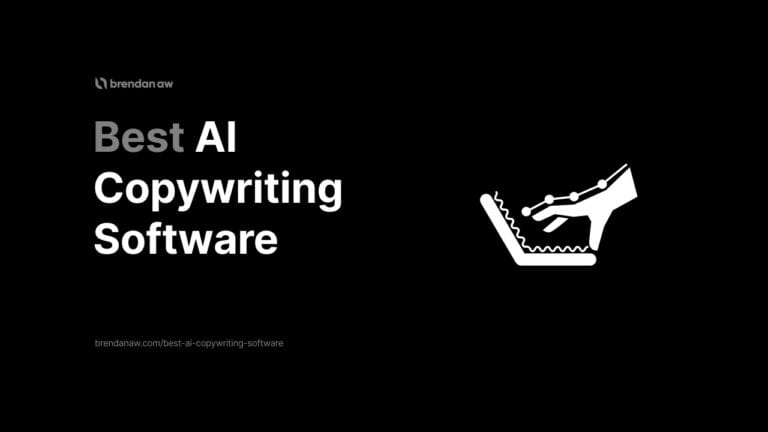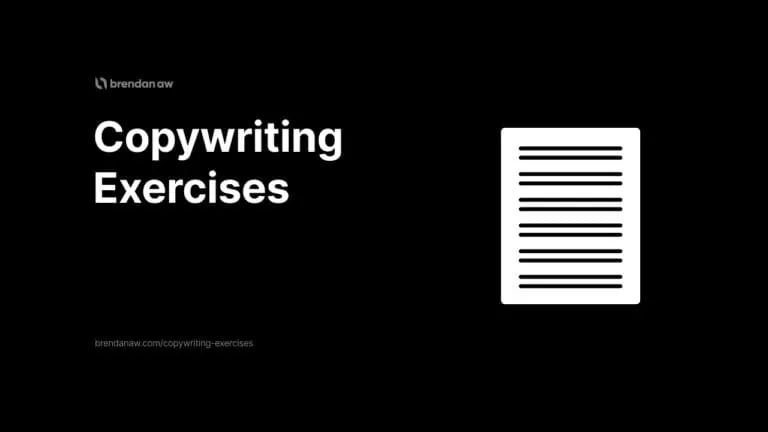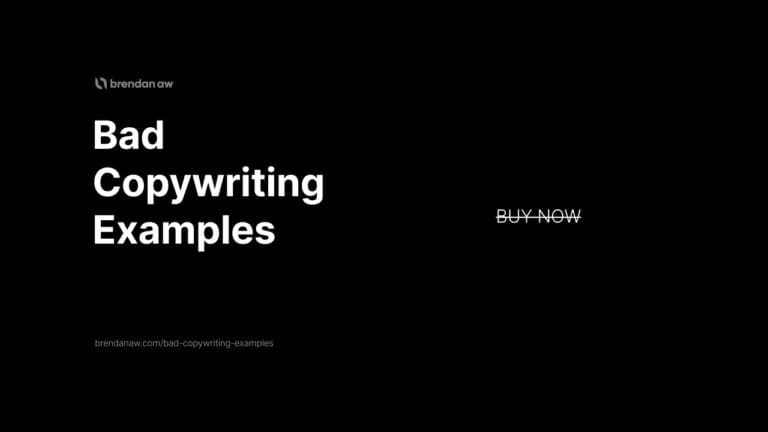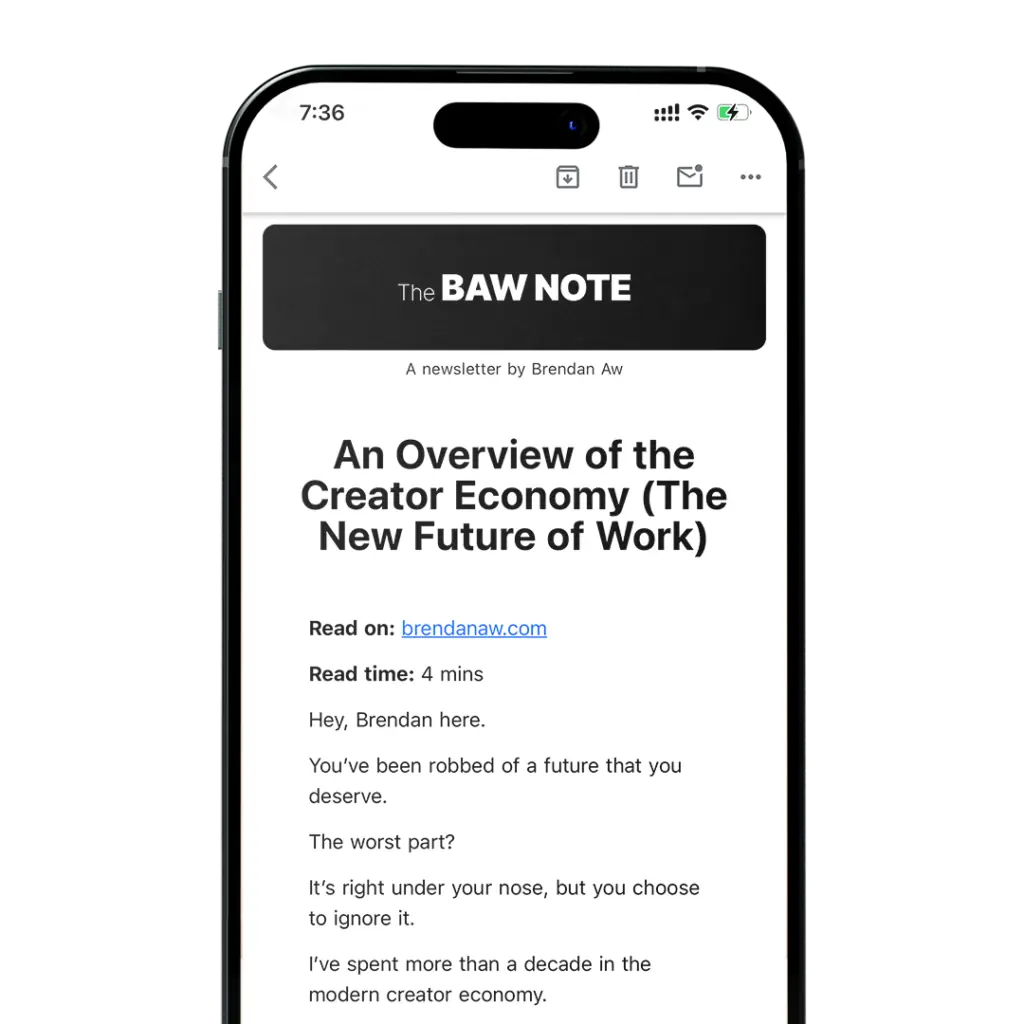One refers to writing persuasive text for marketing and sales purposes… while the other safeguards a creator’s intellectual property rights.
But here’s the kicker.
“Copywrite” is not even an actual word!
It’s often mistaken for the base form of “copywriting” or “copyright.”
Either way… it’s a misuse or typo.
Let’s find out how to use copywrite vs copyright correctly.
Key Takeaways:
- “Copywrite” isn’t an actual word. The correct term is copywriting, which is writing persuasive text.
- “Copyright” is a legal shield. It stops others from using your work without asking you.
- Both words are pronounced as “cop-ee-right.” But their meanings differ.
What Does “Copywrite” Mean?
“Copywrite” is a word that many people use by mistake.
It’s not the right term in English. The correct term is “copywriting“.
It talks about writing words to sell products or services.
This may be for:
- Ads
- Blogs
- Websites
- Newsletters
This is the job of a copywriter.
They make words sound good and convincing, so you want to buy them.
When you hear “copywrite,” it might mix up with another word – “copyright”.
But these two are quite different.
What Does “Copyright” Mean?
“Copyright” is a legal right.
This right guards your creative work like:
- Art
- Music
- Books
- Courses
Once you make something new, copyright laws help keep it safe.
These laws give only you the right to use and share your creation.
No one else can copy or sell what belongs to you without your permission.
Remember, copyrights are different from patents.
Key Differences Between Copywrite vs Copyright
Understanding the key differences between “copyright” and “copywrite” is crucial if you are venturing into the creator economy or pursuing a copywriting side hustle.
Here’s a table that highlights their distinctions.
| Copyright | Copywrite (actually “Copywriting”) | |
|---|---|---|
| Meaning | It refers to the exclusive legal right that creators have over their work. | It refers to writing compelling marketing content. |
| Nature | It is a legal right. | It is a skill. |
| Examples | Securing copyright for a book, music, movie, and more. | Creating promotional content for a product, like ad copy or website content. |
| Usage | A right that protects one’s intellectual property. | A profession that involves crafting engaging written content for marketing purposes. |
| Ownership | The creator of the work holds the copyright, unless it’s transferred legally. | Ownership of the copy is transferred to the buyer after completion. |
Here are more explanations.
Ownership vs Action
In the world of words, there is a big gap between “copyright” and “copywrite”.
Copyright speaks to owning work.
If you write a song, book, or piece of art, copyright says it’s yours.
No one else can use it without your OK.
Copywriting is about the action of writing copy.
It’s what ad writers do to sell stuff in commercials or on billboards with catchy lines and phrases.
Protection of Creative Works vs Advertising Text
Copyright keeps creative works safe.
It stops others from using your work without asking you first.
This covers things like music, books, and art.
Copywriting is different.
It’s all about writing text for adverts to promote a brand or product.
Copyright lasts a long time and can stop anyone from copying what you made anytime soon…
While copywriting does not protect the written ads by law.
These texts are still owned by the one who paid for them.
Duration of Protection
Copyright lasts a long time.
It keeps the work safe while the maker is alive and for 70 more years after that.
This rule may change in some situations or places.
Copywriting does not have this shield.
There’s no law to keep someone from using your ad text again without asking you first.
But when it’s okay to use an art or written piece without asking, we call that “fair use“.
Registration Requirements
You need to register if you have a copyright.
The U.S. Copyright Office is where you go for copyright registration.
This makes it clear who owns the work in public records.
It also gives legal perks.
For copywriting, there might be other needs based on the agency or group you work with.
So, always check these needs first.
Enforcement and penalties
Breaking copyright law can get you in big trouble.
This is called “copyright infringement“.
People who don’t play by the rules might have to stop using what they stole, which is called an “injunction”.
They may also count your money and judge how much damage was done.
Sometimes, people who break these laws even end up in jail.
The penalty for each stolen work can be from $200 to $150,000.
Sharing files between computers without asking first puts you at risk of paying between $750 and $30,000 per stolen work.
Copying “copy” is just plagiarism.
You won’t go to jail…
But you won’t score points with anyone either.
Why Are “Copy Write” and “Copyright” Misused
People often mix up “Copy Write” and “Copyright.” These words sound very alike when spoken.
Also, both terms deal with creative work.
This leads to lots of mistakes.
But “Copywrite” is not a real term.
It’s the wrong spelling of “copyright” or mistaken as the base form of “copywriting.”
No law uses the phrase “copy write”. The right word is copyright.
It keeps your art safe from being used without permission.
Copywriting means writing stuff that persuades others to take action.
Even so, many still use “copywrite” in place of “copyright”.
This misuse causes much trouble and confusion.
How To Use “Copy Write” and “Copyright” Correctly?
If you want to become a copywriter, understanding the correct usage of “Copywrite” and “Copyright” is vital.
Don’t be like me and assume they were the same until recently.
What Are the Sentence Examples With “Copywrite”?
Here are some ways people often misuse the term “Copy Write”:
- John got a job to copywrite ads for a big brand.
- Can you copywrite this sales message for our brochure?
- I hire someone to copywrite my web content.
- The agency will copywrite the message for brand awareness.
How To Use the Word “Copywrite” in a Sentence?
You don’t.
These are the correct terms:
- Copywriting
- Write copy
- Copywriter
Here are some ways:
- If you’re speaking of someone who writes content, say, “She got a job as a copywriter for an ad agency.”
- Use it like this, “Tom needs to write copy for landing pages before lunch.”
- It fits well in this context too, “The brand hired me to write copy for their new brochure.”
- Speak about your job as such, “I help bloggers with copywriting.“
- For ad content creation, frame it like this: “My role was to write the sales copy for our print ads.”
- Discuss prospects like this: “He hopes to earn more as he improves his copywriting skills and takes on more complex tasks.”
What Are the Sentence Examples With “Copyright”?
Here are examples of “copyright” in a sentence.
- Your original art is under copyright law.
- The book’s copyright is owned by the author.
- It’s illegal to use this image without copyright permission.
- The movie lost money because of copyright issues.
- He got a letter from the music company for breaking copyright rules.
When To Use the Word “Copyright” in a Sentence?
You should use the term “copyright” in your work when you talk about legal protection. Here are some times to write it:
- You make a creative piece and want to stop others from stealing it.
- You have something you made, and say who owns it.
- Your work has exclusive rights, so it is safe from other people using it without asking.
- If someone uses your art without asking, you can take steps to stop them because of copyright laws.
- Long quotes from other works may be fine under fair use rules, but you should still put down they have copyright protection.
How To Pronounce “Copy Write” and “Copyright”?
You say “copywrite” and “copyright” the same way.
Each word sounds like “cop-ee-right.“
So, don’t worry about messing them up. They sound alike but have different meanings.
Each time you say these words, use the correct spelling.
Never use “copywrite.”
Use “copywriting” when talking about writing stuff for ads or brands.
Say “Copyright” when speaking of legal rights that protect creative work.
Copywrite vs Copyright (FAQs)
What Is the Difference Between Copywrite and Copyright?
“Copywrite” is often mistaken for “copyright and the base form of “copywriting.”
Copywriting refers to writing the text for advertising or publicity, while copyright is about protecting intellectual property rights.
Why Might Someone Confuse These Two Different Terms?
Copywrite and copyright have similar pronunciations, which may cause confusion.
Can Anyone Reproduce, Print or Download a Copyrighted Work Without Permission?
No, a copyrighted artwork or other form of content should never be used without permission from the assignee.
Are All Works Automatically Protected by Copyright?
Yes, any work of art, whether it’s a document created by a screenwriter or digital marketing materials, is automatically safeguarded by copyrights under international law.
How Can I Avoid Confusion When Using “Copywrite” and “Copyright” in Sentence?
You should never use “copywrite” only copyright and copywriting.
There you have it.
If Someone Writes Copy for My Business Will They Own Copyrights to That Content?
The individual who wrote something has automatic possession unless decided otherwise in a formal agreement with their client.
To Sum Up
“Copywrite” and “Copyright” sound alike, but they are completely different.
The bottom line is…
Never use “copywrite” in any situation.
Only use “copyright” to describe the protection of intellectual property and “copywriting” when referring to writing persuasive text.
I hope this article clears everything up.
You should never have any questions about this again.




